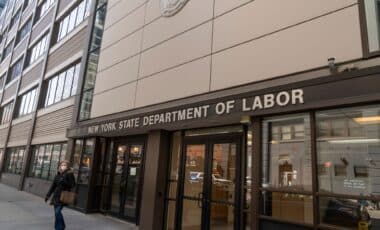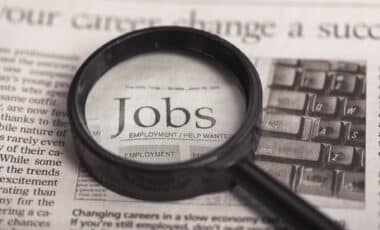An EY study, commissioned by the National Association of Manufacturers (NAM), has issued a stark warning about the potentially catastrophic economic consequences that could result if Congress fails to maintain the pro-manufacturing tax policies established under the 2017 Tax Cuts and Jobs Act (TCJA). The report highlights the severe economic risks tied to inaction, including widespread job losses, a significant decline in U.S. economic output, and substantial reductions in employee compensation. These findings underscore the importance of preserving these tax policies to safeguard the stability of industries, the livelihoods of workers, and the overall health of the American economy.
Urgent Call to Action for America’s Manufacturing Sector
The manufacturing sector, the backbone of American industry, stands to endure the worst impacts, including:
- 1.137 million manufacturing jobs lost
- $284 billion decline in manufacturing GDP
- $126 billion reduction in manufacturing worker compensation
NAM President and CEO Jay Timmons emphasized the urgency: “The time to act is now. Millions of American workers are depending on the manufacturing sector to continue driving America forward.”
Declining R&D Growth Threatens U.S. Competitiveness Amid Policy Changes
The expiration of immediate R&D expensing in 2022 is already having noticeable effects on the U.S. economy. For the first time in a decade, R&D growth in the European Union has outpaced that of the United States, while China’s R&D investments have surged to three times the U.S. growth rate. These troubling trends highlight the growing risks to U.S. global competitiveness, as critical manufacturing investments and innovation increasingly shift abroad. Without immediate policy action, the nation’s leadership in technological advancements and industrial development could face significant challenges.
A Proven Path to Economic Growth
The TCJA delivered immediate and measurable benefits to manufacturers:
- Manufacturing capital spending grew by 4.5% in 2018 and 5.7% in 2019.
- 267,000 new manufacturing jobs were added in 2018, the best year for the sector in 21 years.
- Record wage growth in 2018, marking the strongest gains in 15 years.
As House Majority Leader Steve Scalise (R-LA) remarked, “Hardworking Americans deserve a strong economy that works for them, not against them.”
Voices From the Manufacturing Frontlines
Manufacturers have been vocal about the challenges they face and the potential repercussions of current policy changes. Courtney Silver, president of Ketchie, emphasized the disproportionate impact on smaller manufacturers, stating, “We’re already struggling thanks to the expiration of immediate R&D expensing, full expensing for capital equipment purchases and interest deductibility for job-creating projects.” These limitations are placing undue strain on businesses that drive innovation and employment across the nation.
Similarly, Kathy Wengel, Executive Vice President at Johnson & Johnson, underscored the importance of tax policy in maintaining industry competitiveness. “Maintaining competitive tax policy is essential to sustaining this momentum,” she stated, highlighting the need for strategic action to preserve the economic vitality of the manufacturing sector.
Critical Choices for Economic Stability and Growth
Congress and the administration are at a critical juncture, facing decisions that will shape the economic landscape for years to come. Lawmakers must weigh the importance of preserving key elements of the 2017 Tax Cuts and Jobs Act, such as the 20% pass-through deduction, favorable individual tax rates, and the current estate tax exemption threshold. These measures have been instrumental in supporting small businesses, families, and manufacturers, and their continuation is seen as vital for economic growth.
Additionally, there is a pressing need to reintroduce provisions that encourage innovation and investment. Restoring R&D expensing and enhancing capital investment incentives would provide much-needed relief for businesses navigating a competitive global market. Such policies not only bolster industrial innovation but also create jobs, ensuring long-term stability for the manufacturing sector and the wider economy.
Certainty is another critical factor. Manufacturers and businesses planning significant, job-creating projects require a stable and predictable tax environment. Without this assurance, long-term investments may stall, potentially shifting economic opportunities abroad.
As Mike Crapo (R-ID), Senate Finance Committee Chairman, emphasized, the stakes couldn’t be higher. “Making these tax cuts permanent is the best way to ensure the greatest economic growth,” he stated, highlighting the urgency for decisive action to maintain and enhance the momentum of the U.S. economy. Lawmakers’ choices in this moment will have profound implications for the nation’s stability, competitiveness, and prosperity.









